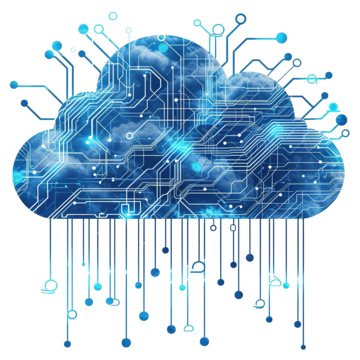Cloud Services
Managing hardware and software systems is no easy deal for any business. There is a need for maintaining servers and keeping them updated. However, with cloud services, businesses no longer have to worry about this problem. Cloud solutions refer to services where you have all computing needs met without having to keep and maintain physical infrastructure. The only requirement for accessing this service is internet availability.


